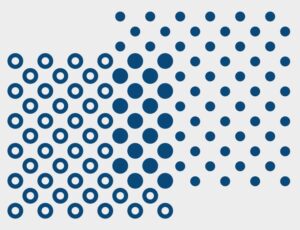Statement by
Aspen Institute Central Europe
The global order is being reshaped, and Aspen Institute Central Europe recognizes the need to take a clear stance on the unfolding geopolitical developments. The war in Ukraine remains a defining challenge for the transatlantic community and beyond. There is no doubt about who the aggressor is. Russia has launched an unjustified and brutal war against Ukraine. In this critical moment, it is imperative to continue supporting Ukraine.
Aspen Institute Central Europe remains steadfast in its commitment to promoting value-based leadership, a strong civil society, the rule of law, democracy, and freedom of speech. We firmly oppose the spread of misinformation and disinformation. Truth and integrity must remain at the core of the democratic order.
We believe in a strong Europe. Economically, militarily, and politically - and in the fundamental importance of transatlantic cooperation. The United States and Europe must continue to respect and support each other as essential allies, as this partnership is crucial for global stability and security. Aspen Institute Central Europe stands ready to contribute to strengthening this cooperation through our activities, including people-to-people initiatives, business engagements, seminars, round tables, and discussions. To this end, we will work closely with Aspen US, and our global network.
Annual Conference 2025 as well as our other various initiatives will serve as a key platform to advance these priorities, focusing on the new dimensions of Central Europe-EU-US relations and reinforcing the values that underpin our shared future.
Ideas Impacting Society
We connect and inspire people who want to improve
society. The Aspen Institute Central Europe is an
independent platform where representatives from
politics, business and public institutions as well as
personalities from the arts, sports and science meet.
With the participation of figures from various
disciplines, we organize public conferences, seminars,
workshops and professional discussions.
Learn moreEvents
2025-04-08
Czech Culture in the Spotlight: How the World Sees Us
A panel discussion about how culture diplomacy and how the Czech Republic uses its culture to project soft power in the world. This event is
2025-04-03
|
2025-04-06
Aspen Young Leaders Program
The 16th edition of the leadership program for emerging Central-European leaders from different fields focused on values-based leadership. The participants are challenged to explore their
2025-03-17
Cyber Security in a Fragmented World: Regulation vs. Innovation
As the EU pioneers AI, cybersecurity, and data regulations, concerns grow over declining competitiveness and innovation. The Draghi Report (2024) warns of overregulation, while U.S.
Aspen Review
Seven Transversal Signals from the Aspen Ideas Festival 2024
 Read the newest articleRead through aspen review archive
Read the newest articleRead through aspen review archive

News
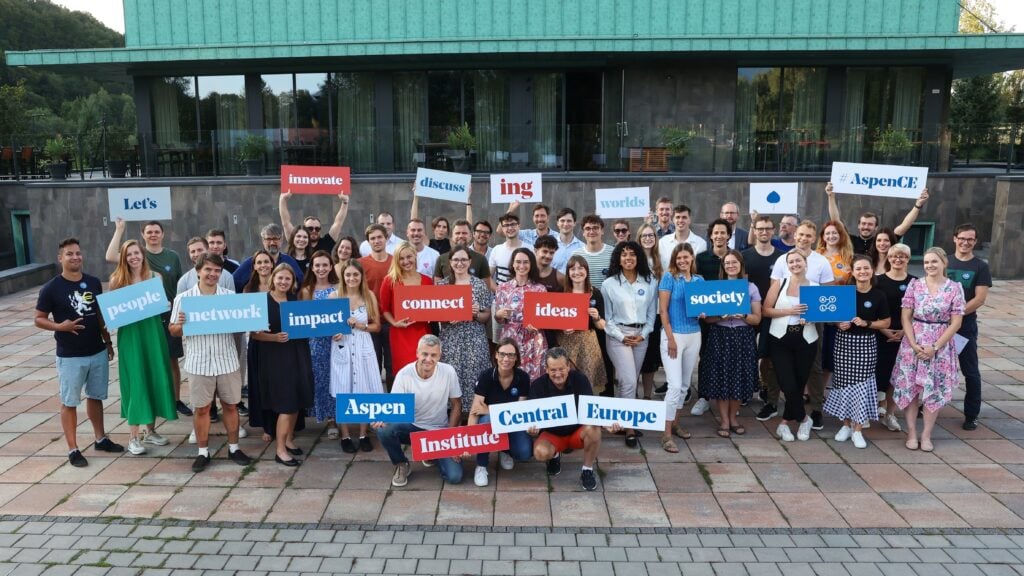
7. 1. 2025
Call for Applications – Aspen Young Leaders Program 2025
Are you a successful young professional aged 22-35, from the Czech Republic, Hungary, Poland, or Slovakia, or are you residing long-term in the Central European region? Are...
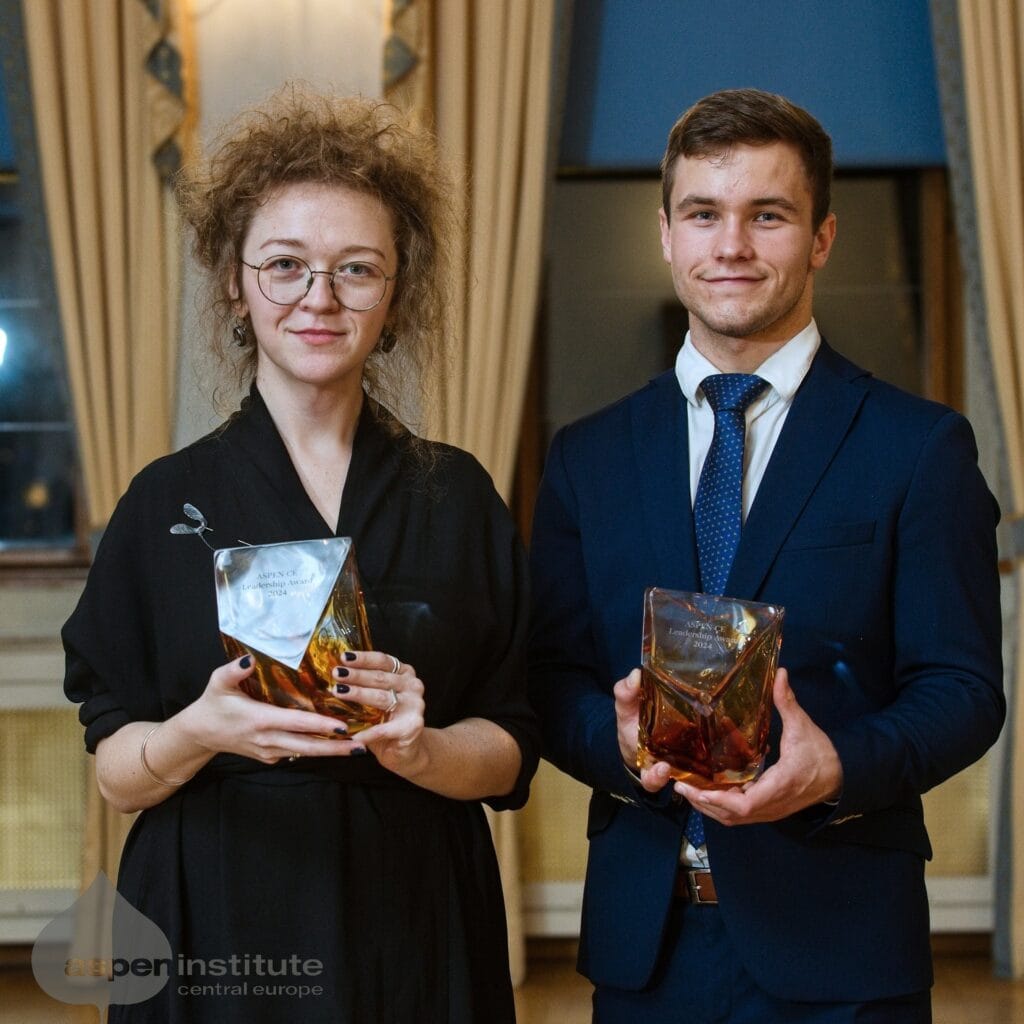
22. 11. 2024
Aspen CE Madeleine K. Albright Leadership Award Laureates for 2024
2023 Aspen CE Madeleine K. Albright award was bestowed on two young emerging leaders.
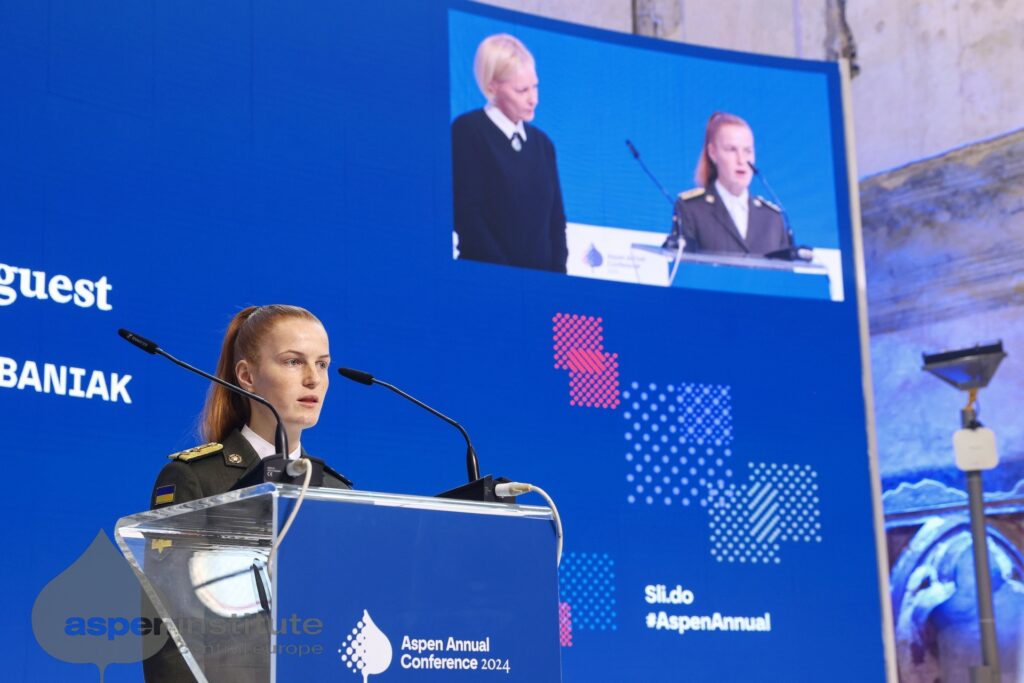
21. 11. 2024
Aspen Annual Conference 2024
"Well, friends, there’s no question in my mind, last Wednesday morning, we entered a different world, maybe not for ever but for four whole years...
Get in touch
Sign up for Newsletter here.

What they said about us

“I am honoured and proud of Aspen’s tremendous success by training new leaders, developing new ideas and forming new connections. Aspen CE is a true region-wide platform promoting civil discourse and informed discussion, something we so desperately need in this day and age.
”
Madeleine K. Albright

“When I was invited to join the Aspen network, it was one of the turning points of my life. I learned to know a lot of different kinds of people with very similar struggles, and I imagined better what I want to achieve in my life.
”
Yemi A.D.

“Participation in the Aspen Young Leaders Program surprisingly helped me to calm down. I gained perspective and learned to prioritize better. Thanks to that, I am more focused at my work and I feel stronger than before.
”
Mimi Hoang Lan Nguyen

“From the stimulation of the Ideas Festival, to the projects conceived at the Resnick Aspen Action Forum, to deep policy studies done at our roundtables, the Aspen Institute brings together people with different outlooks to search for common ground and make the world a better place.
”
Walter Isaacson
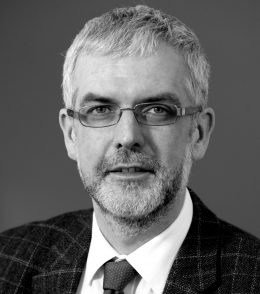
“From the stimulation of the Ideas Festival, to the projects conceived at the Resnick Aspen Action Forum, to deep policy studies done at our roundtables, the Aspen Institute brings together people with different outlooks to search for common ground and make the world a better place.”
Jiří Schneider

“Aspen was always able to assemble differently minded people from various fields of activity: politicians, artists, athletes, scientists, innovators, volunteers and businessmen. I believe that this capability will also significantly contribute to the development of a liberal and democratic society not only in Europe.
”
Ivan Hodáč

“Aspen is for me the possibility to meet people, who think in a similar, or absolute different way, than me.
”
Tamara Bobáková

“More than 60 years ago, American businessman and philanthropist, Walter Paepcke, founded what would become one of the most respected platforms in the world for truly non-partisan dialogue addressing critical issues facing civil society.
”
Pepper de Callier

Program Priorities
Aspen Institute Central Europe brings together individuals who positively influence the society and strives to support strategic thinking that goes beyond local and sector-related boundaries. By hosting interdisciplinary
policy and public discussions, the Institute contributes to open dialogue that explores topics relevant to current society and its advancement.
Aspen Global Network
Aspen Institute CE was established in 2012 in Prague as a public benefit company serving the whole region, but primarily operating in the Czech Republic, Hungary, Poland, and Slovakia. The Central European office is a partner of the global Aspen network, which was founded in 1950 in the United States, is headquartered in Washington and includes 14 offices around the world!


